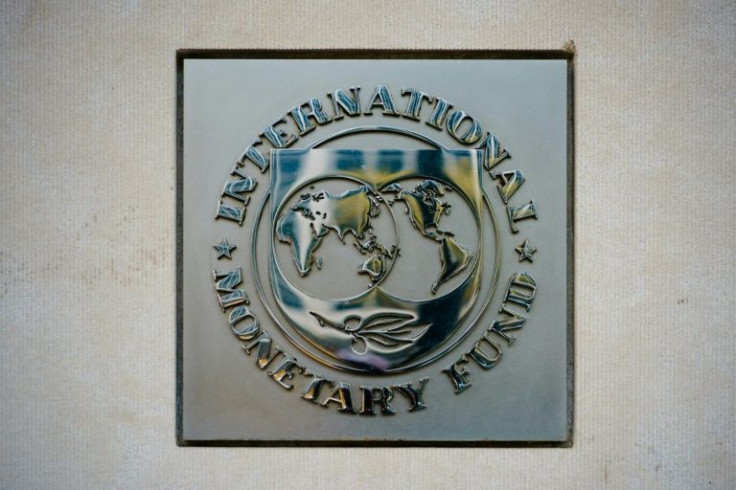IMF Says US Fed Should Accelerate Rate Hikes
With the recent wave of price increases likely to remain a concern for some time, the US Federal Reserve should raise interest rates sooner, the IMF said Friday.
It was an unusually direct policy recommendation from the Washington-based crisis lender that comes as surging demand coupled with supply bottlenecks and shortages of key materials like semiconductors has driven US consumer inflation to its highest level in three decades.
The Fed already has signaled that it will remove stimulus measures more quickly, opening the door to a rise in lending rates before mid-2022. Many economists now expect two or three interest rate increases next year.
"Inflation is likely to be higher for longer than previously thought," especially in economies that have recovered faster from the pandemic like the United States, IMF chief economist Gita Gopinath and Tobias Adrian, director of the IMF's Monetary and Capital Markets Department, said in a blog.
With the US economy recovering strongly from the pandemic and facing tight labor markets and broad price increases, "It would be appropriate for the Federal Reserve to accelerate the taper of asset purchases and bring forward the path for policy rate increases."
The Fed last month began to slow its monthly bond buying program put in place to shore up the financial system at the start of the pandemic, when it slashed the benchmark borrowing rate to zero.

Fed Chair Jerome Powell earlier this week said he would advocate ending the bond buying more quickly, which would mean the bank would be in position to hike rates in the first half of next year.
The IMF officials said central bankers should continue to telegraph their moves in advance to prevent surprising markets and sparking a wave of volatility.
It is "essential for major central banks to carefully communicate their policy actions so as not to trigger a market panic that would have deleterious effects not just at home but also abroad," they said.
Given the "sharply higher uncertainty associated with Omicron," the newest Covid-19 variant, policymakers will need to watch data closely, since another outbreak could exacerbate supply snags, they said.
However, they continue to believe the "mismatch in supply and demand" will ease over time, "Reducing some price pressures in countries."
"Shipping delays, delivery lags and semiconductor shortages will likely improve in the second half of 2022" and demand will ease as the effects of government stimulus retreats, they forecast.
© Copyright AFP 2024. All rights reserved.




















